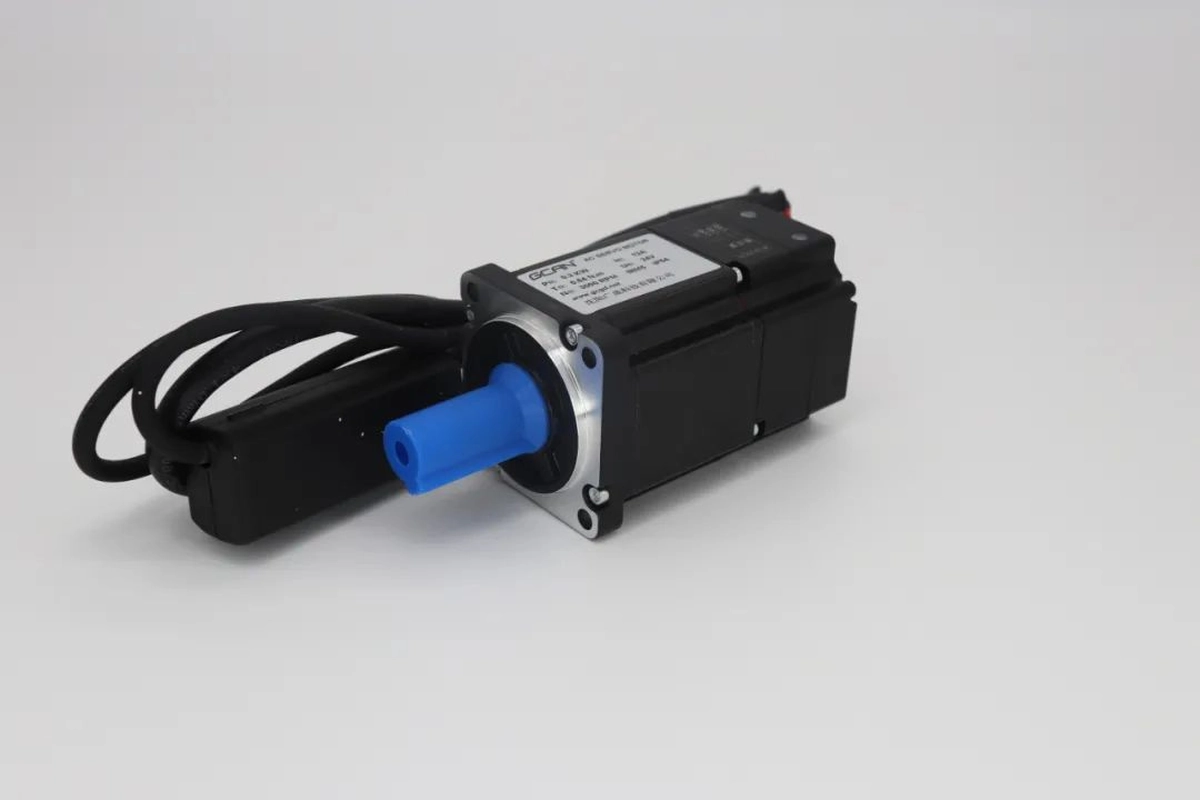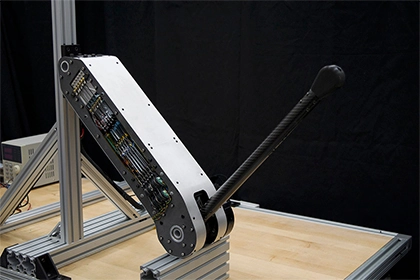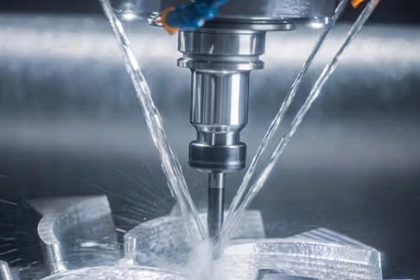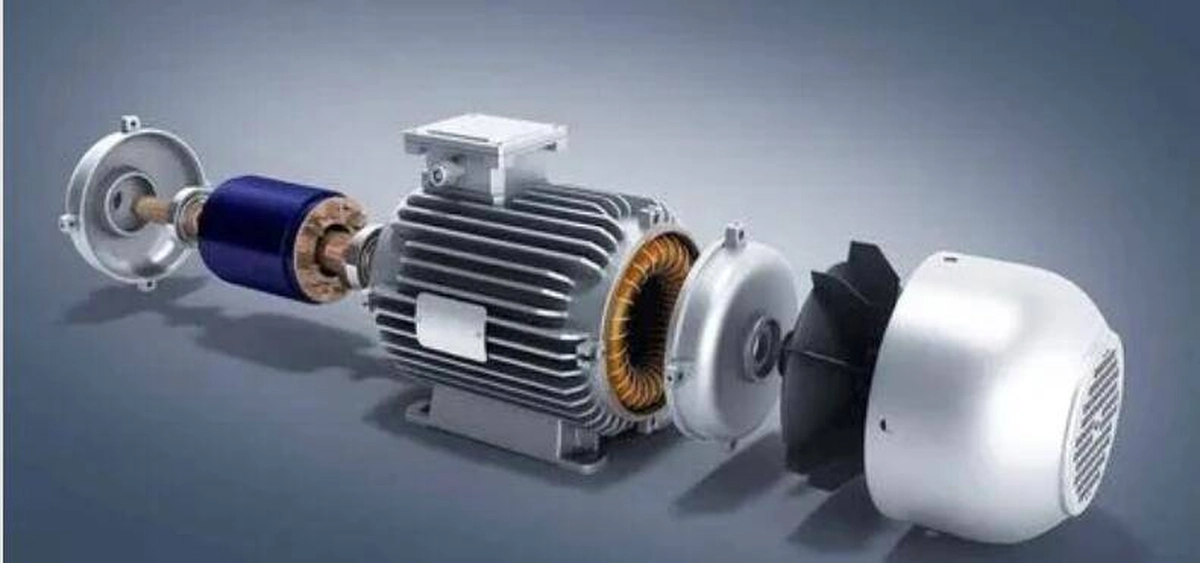- +86 19149417743
- Zhengzhou, Henan Province, China
- Mon-fri: 8am - 7pm
Get a quote

Servo motors are widely used in various industries for their precise control and high-performance characteristics. One common question that arises in the realm of servo motors is whether they can rotate continuously like a typical DC motor. Understanding the operational limits and capabilities of servo motors in terms of continuous rotation is essential for engineers and technicians working with these motors in different applications.
Servo motors operate based on a closed-loop control system, where feedback signals are used to adjust the motor's position accurately. Unlike standard DC motors, servo motors are designed to rotate to a specific angle and hold that position with precision. The feedback mechanism, typically using encoders or resolvers, allows servo motors to achieve high accuracy and repeatability in positioning tasks. The design of servo motors includes a control system that receives commands to move to a target position and adjusts the motor's speed and torque to reach and maintain that position. This design is optimized for applications requiring precise control and positioning rather than continuous rotation.
Servo motors are not inherently designed for continuous rotation like DC motors. The closed-loop control system and feedback mechanisms in servo motors are tailored for accurate positioning within a specific range of motion. Attempting to make a servo motor rotate continuously can lead to overheating, reduced efficiency, and potential damage to the motor and associated components. While some servo motors may offer the option for limited continuous rotation, this feature is typically accompanied by compromises in terms of precision and control. Continuous rotation mode in servo motors may sacrifice the motor's ability to maintain accurate positioning, which is a core characteristic of servo motor operation.
If continuous rotation is a requirement for a specific application, other types of motors, such as brushless DC motors or stepper motors, may be more suitable choices. Brushless DC motors, for example, are designed for continuous rotation and can provide high torque and efficiency in such scenarios. Stepper motors, with their ability to move in discrete steps, can also be used for continuous rotation by controlling the number of steps taken.
Servo motors are primarily designed for precise control and accurate positioning rather than continuous rotation. While some servo motors may offer limited continuous rotation capabilities, this feature is not the primary focus of servo motor design. Engineers and technicians should carefully consider the requirements of their applications and select the appropriate type of motor based on factors such as precision, torque, efficiency, and the need for continuous rotation. Understanding the operational limits and capabilities of servo motors is essential for optimizing performance and ensuring reliable operation in various industrial and commercial applications.
 2024-08-30 16:01:40
Engineering
2024-08-30 16:01:40
Engineering
 2024-07-26 14:09:13
Engineering
2024-07-26 14:09:13
Engineering
 2024-07-18 09:42:00
Engineering
2024-07-18 09:42:00
Engineering